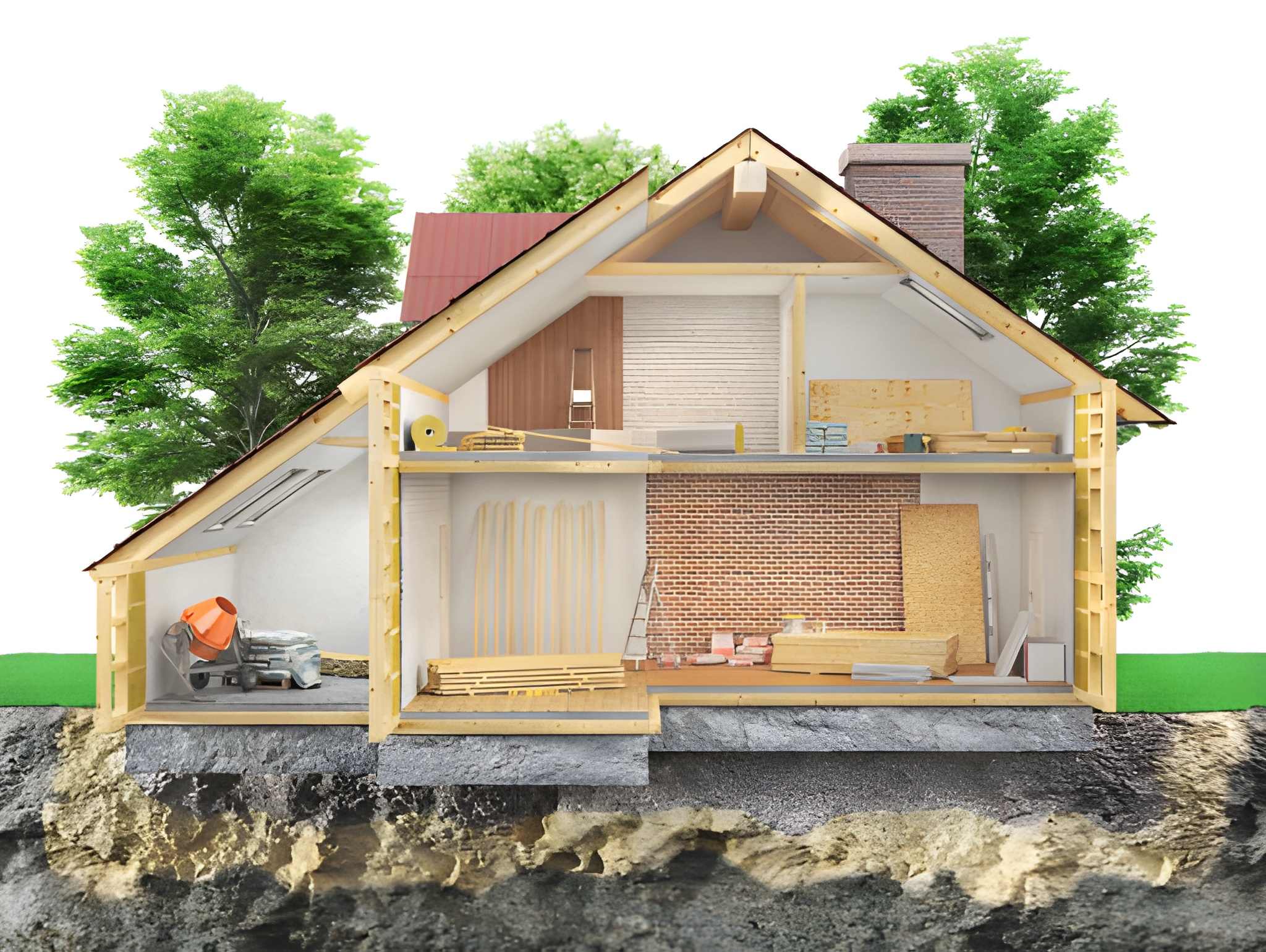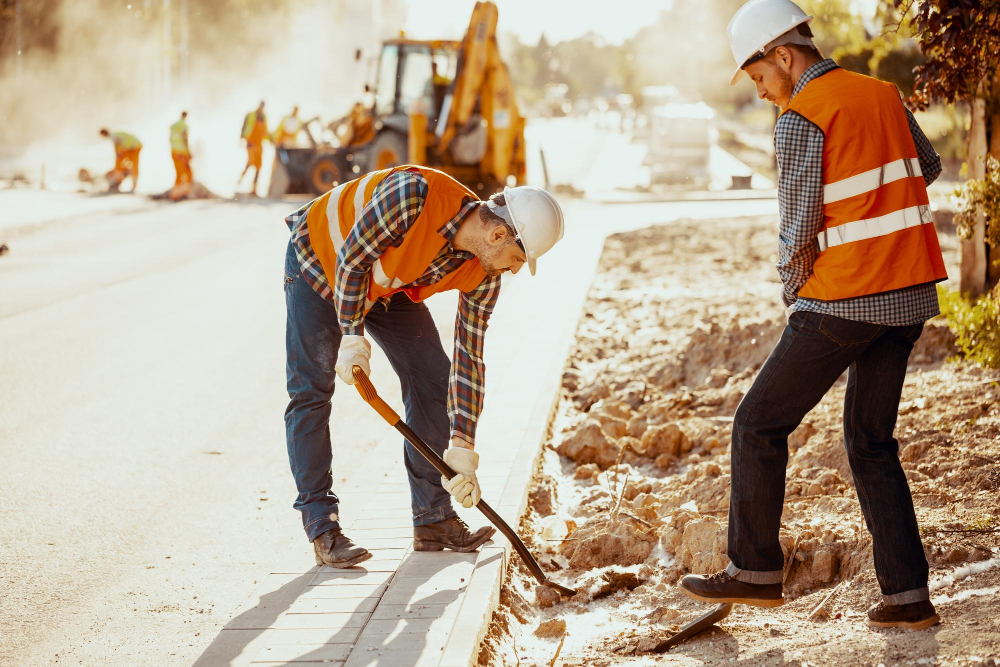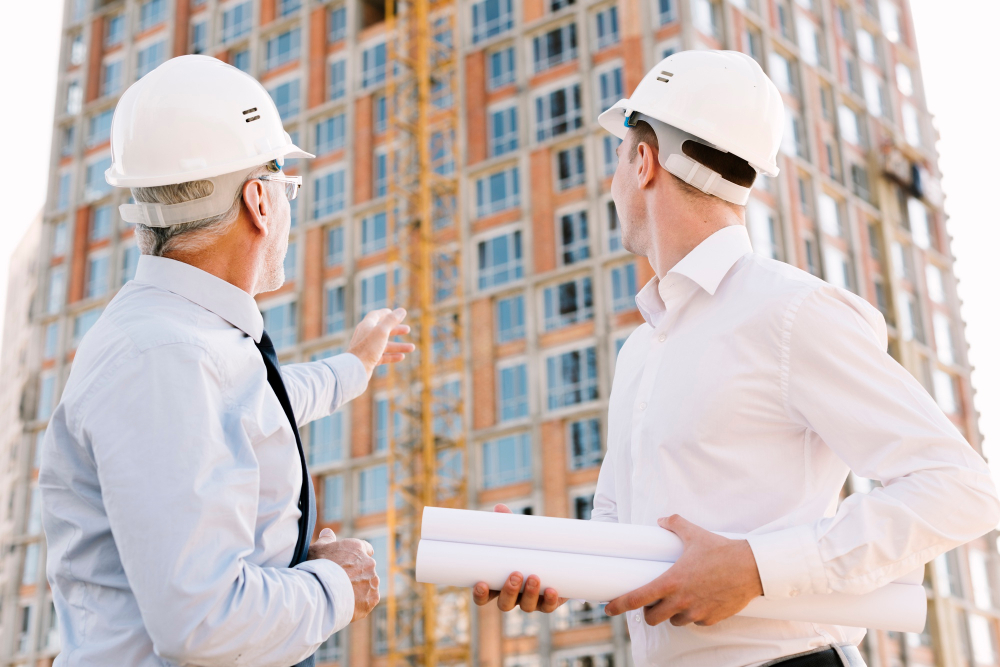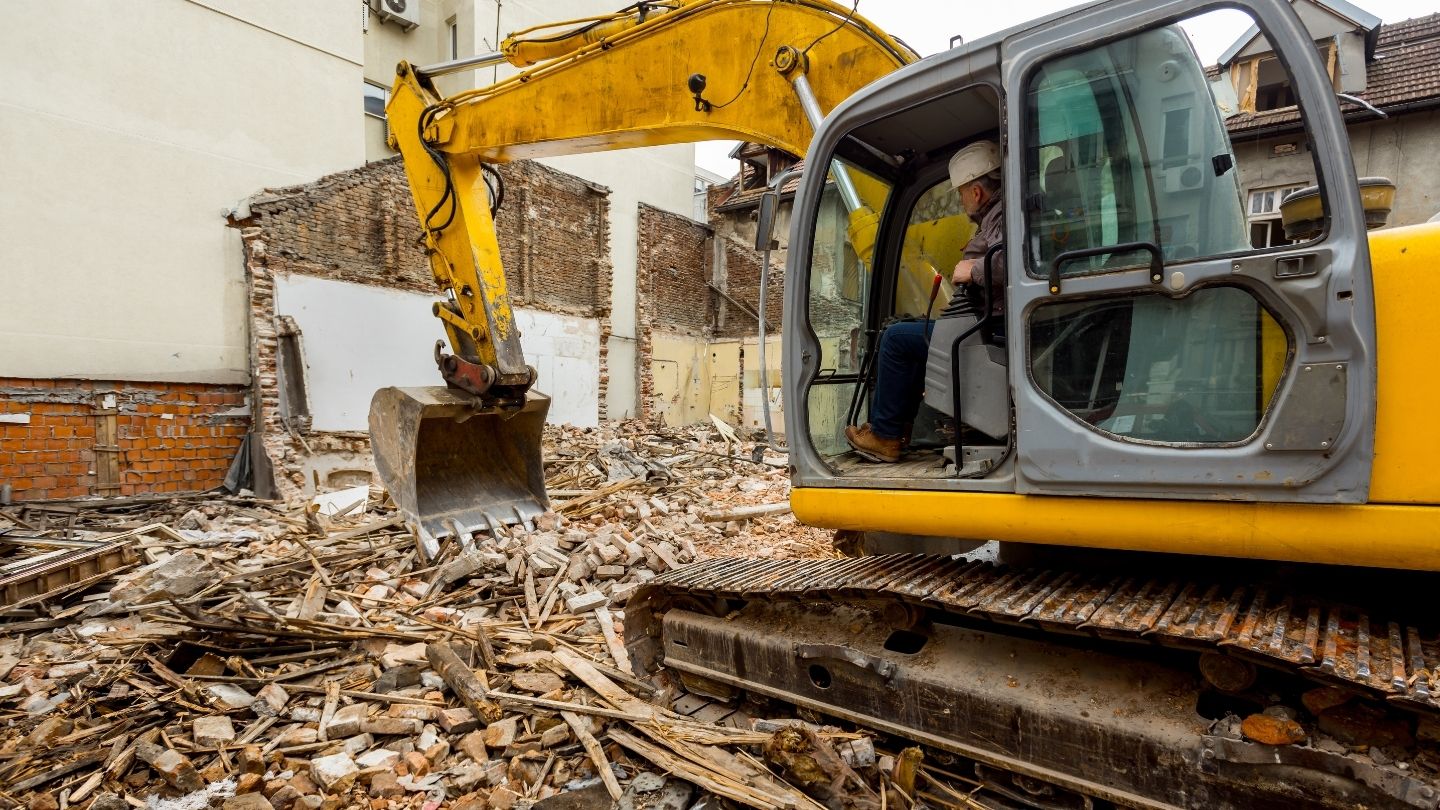Underpinning is an important construction process for strengthening or stabilising your property’s foundations. Many Property owners in the UK particularly city dwellers ask themselves, can I live in my home whilst underpinning? The response is contingent on the size of the proposal; how it will be built and what state the property was found. Understanding Underpinning Underpinning is […]









